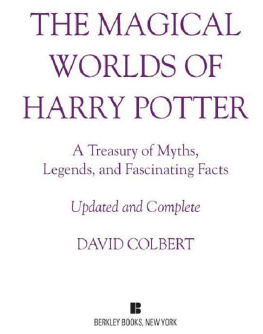The Woman
in the Fifth
DOUGLAS
KENNEDY
Douglas Kennedys novels The Dead Heart, The Big Picture, The Job, The Pursuit of Happiness, A Special Relationship, State of the Union and Temptation have all been highly praised bestsellers. He is also the author of three acclaimed travel books: Beyond the Pyramids, In Gods Country and Chasing Mammon. His work has been translated into sixteen languages. In 2006 he received the French decoration of Chevalier de lOrdre des Arts et des Lettres. Born in Manhattan in 1955, he lives in London with his wife and two children.
Also by Douglas Kennedy
Fiction
Temptation
State of the Union
A Special Relationship
The Pursuit of Happiness
The Job
The Big Picture
The Dead Heart
Non-fiction
Chasing Mammon
In Gods Country
Beyond the Pyramids
For Frank Kelcz
Everything she had told the Superintendent was true, but sometimes nothing is less true than the truth.
Georges Simenon,
La Fuite de Monsieur MondeTHAT WAS THE year my life fell apart, and that was the year I moved to Paris.
I arrived in the city a few days after Christmas. It was a wet, gray morning the sky the color of dirty chalk; the rain a pervasive mist. My flight landed just after sunrise. I hadnt slept during all those hours above the Atlantic another insomniac jag to add to all the other broken nights Id been suffering recently. As I left the plane, my equilibrium went sideways a moment of complete manic disorientation and I stumbled badly when the cop in the passport booth asked me how long Id be staying in France.
Not sure exactly, I said, my mouth reacting before my brain.
This made him look at me with care as I had also spoken in French.
Not sure? he asked.
Two weeks, I said quickly.
You have a ticket back to America?
I nodded.
Show it to me, please, he said.
I handed over the ticket. He studied it, noting the return date was January 10.
How can you be not sure, he asked, when you have proof?
I wasnt thinking, I said, sounding sheepish.
Evidemment, he said. His stamp landed on my passport. He pushed my documents back to me, saying nothing. Then he nodded for the next passenger in line to step forward. He was done with me.
I headed off to baggage claim, cursing myself for raising official questions about my intentions in France. But I had been telling the truth. I didnt know how long Id be staying here. And the airplane ticket a last-minute buy on an Internet travel site, which offered cheap fares if you purchased a two-week round-trip deal would be thrown out as soon as January 10 had passed me by. I wasnt planning to head back to the States for a very long time.
How can you be not sure when you have proof?
Since when does proof ever provide certainty?
I collected my suitcase and resisted the temptation to splurge on a cab into Paris. My budget was too tight to justify the indulgence. So I took the train. Seven euros one-way. The train was dirty the carriage floor dappled in trash, the seats sticky and smelling of last nights spilt beer. And the ride in to town passed through a series of grim industrial suburbs, all silhouetted by shoddy high-rise apartment buildings. I shut my eyes and nodded off, waking with a start when the train arrived at the Gare du Nord. Following the instructions emailed to me from the hotel, I changed platforms and entered the metro for a long journey to a station with the aromatic name of Jasmin.
I emerged out of the metro into the dank morning. I wheeled my suitcase down a long narrow street. The rain turned emphatic. I kept my head down as I walked, veering left into the rue La Fontaine, then right into the rue Francois Millet. The hotel the Select was on the opposite corner. The place had been recommended to me by a colleague at the small college where I used to teach the only colleague at that college who would still speak to me. He said that the Select was clean, simple and cheap and in a quiet residential area. What he didnt tell me was that the desk clerk on the morning of my arrival would be such an asshole.
Good morning, I said. My name is Harry Ricks. I have a reservation for
Sept jours, he said, glancing up from behind the computer on his desk. La chambre ne sera pas prete avant quinze heures.
He spoke this sentence quickly, and I didnt catch much of what he said.
Desole, mais euh je nai pas compris
You come back at three p.m. for the check-in, he said, still speaking French, but adopting a plodding, deliberate, loud voice, as if I was deaf.
But thats hours from now.
Check-in is at three p.m., he said, pointing to a sign next to a mailbox mounted on the wall. All but two of the twenty-eight numbered slots in the box had keys in them.
Come on, you must have a room available now, I said.
He pointed to the sign again and said nothing.
Are you telling me there isnt one room ready at this moment?
I am telling you that check-in is at three p.m.
And I am telling you that I am exhausted, and would really appreciate it if
I do not make the rules. You leave your bag, you come back at three.
Please. Be reasonable.
He just shrugged, the faintest flicker of a smile wandering across his lips. Then the phone rang. He answered it and used the opportunity to show me his back.
I think Ill find another hotel, I said.
He interrupted his call, turning over his shoulder to say, Then you forfeit tonights room charge. We need twenty-four hours notice for cancelation.
Another faint smirk and one which I wanted to rub off with my fist.
Where can I put my suitcase? I asked.
Over there, he said, pointing to a door by the reception desk.
I wheeled over my suitcase and also took off the computer knapsack slung over my shoulder.
My laptop is in this bag, I said. So please
It will be fine, he said. A quinze heures, monsieur.
Where am I supposed to go now? I asked.
Aucune idee, he said. Then he turned back to his call.
At a few minutes past eight on a Sunday morning in late December, there was nowhere to go. I walked up and down the rue Francois Millet, looking for a cafe that was open. All were shuttered, many with signs:
Fermeture pour Noel.
The area was residential old apartment buildings interspersed with some newer ones from the ugly school of seventies brutalism. Even the modern blocks looked expensive; the few cars parked on the street hinting that this corner of town was upscale and at this time of the day lifeless.
The rain had quieted down into an insidious drizzle. I didnt have an umbrella, so I marched back up to the Jasmin metro station and bought a ticket. I got on the first train that arrived, not sure where I was heading. This was only my second trip to Paris. The last time I had been here was in the mid-eighties, the summer before I entered graduate school. I spent a week in a cheap hotel off the boulevard Saint-Michel, haunting the cinemas in that part of town. At the time, there was a little cafe called Le Reflet opposite a couple of backstreet movie houses on the rue what the hell was its name? Never mind. The place was cheap and I seemed to remember that they were open for breakfast, so
A quick study of the metro map on the carriage wall, a change of trains at Michel-Ange Molitor, and twenty minutes later I emerged at Cluny-La Sorbonne. Though it had been more than twenty years since Id last stepped out of this metro station, I never forget my way to a cinema so I instinctually turned up the boulevard Saint-Michel and into the rue des Ecoles. The sight of the marquee of Le Champo advertising a De Sica and a Douglas Sirk festival on their two screens provoked a small smile. When I reached its shuttered doors and peered up the rue Champollion the name of the street I had forgotten and saw two other cinemas lining its narrow wet pavement, I thought,

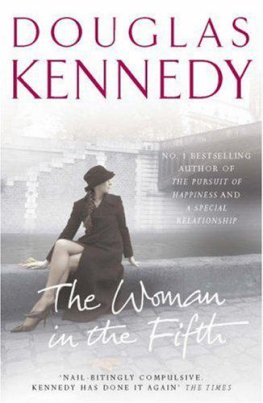
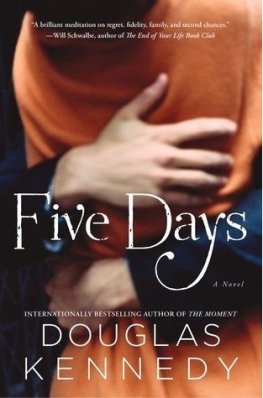

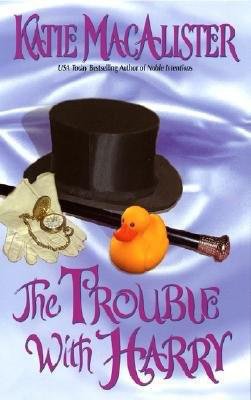
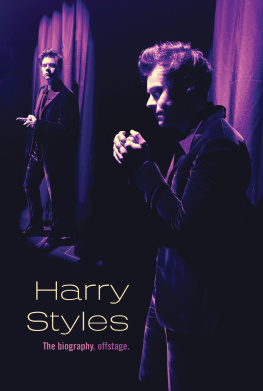
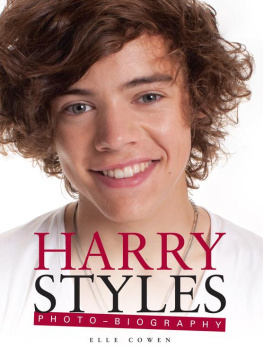

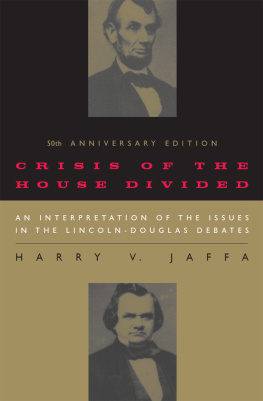
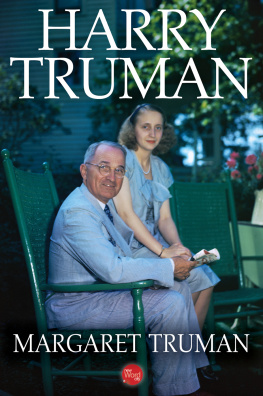

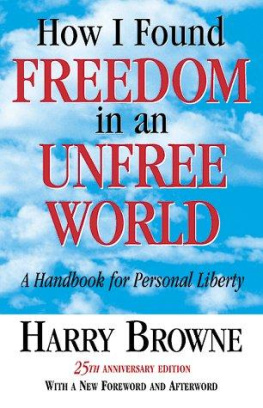
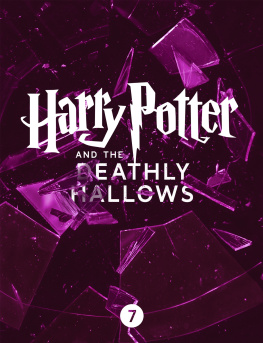
![J K Rowling - Harry Potter [Complete Collection]](/uploads/posts/book/117015/thumbs/j-k-rowling-harry-potter-complete-collection.jpg)
